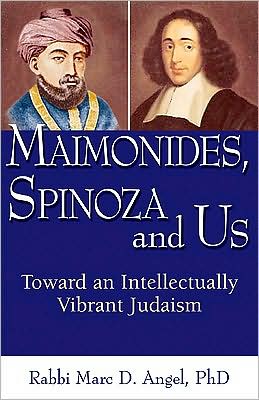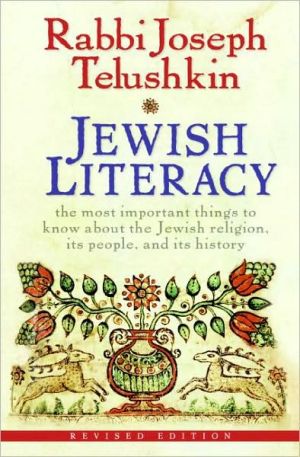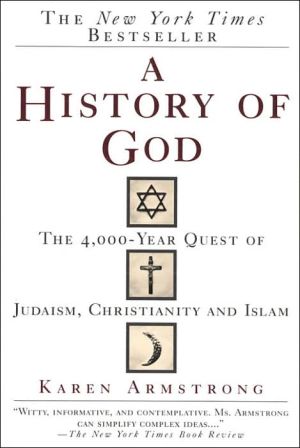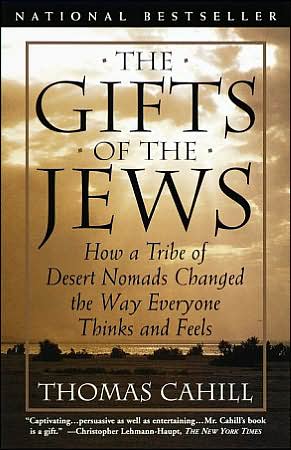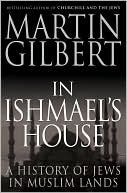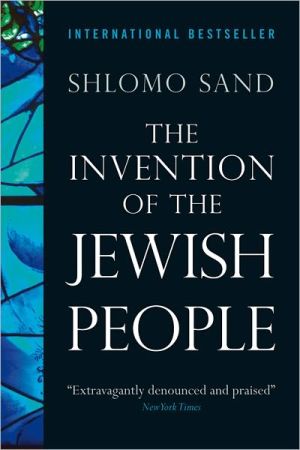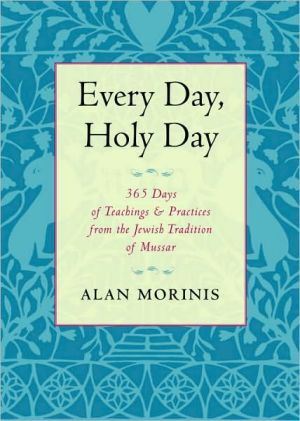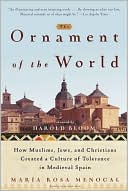Maimonides, Spinoza and Us: Toward an Intellectually Vibrant Judaism
Moses Maimonides (1138-1204) is Jewish history's greatest exponent of a rational, philosophically based Judaism. He opened his classic code of Jewish Law, the Mishneh Torah, with the "Book of Knowledge," providing the essential teachings of Jewish faith and ethics. His "Thirteen Principles of Faith," included in his commentary on the Mishnah, have become cornerstones in Jewish theology.\ \ In this book, Rabbi Marc Angel provides a lucid English translation of Maimonides' key teachings on...
Search in google:
Moses Maimonides (1138-1204) is Jewish history's greatest exponent of a rational, philosophically sound Judaism. He strove to reconcile the teaching of the Bible and rabbinic tradition with the principles of Aristotelian philosophy, arguing that religion and philosophy ultimately must arrive at the same truth.Baruch Spinoza (1632-77) is Jewish history's most illustrious "heretic." He believed that truth could be attained through reason alone, and that philosophy and religion were separate domains that could not be reconciled. His critique of the Bible and its teachings caused an intellectual and spiritual and spiritual upheaval whose effects are still felt today. Publishers Weekly Many books and articles are devoted to the biographies and ideas of the two great Jewish philosophers, Maimonides (1138–1204) and Spinoza (1632–1677). Angel comes up with the laudable notion of comparing and contrasting their views in a single volume. This is a bold venture, since he is an Orthodox rabbi and his predecessors in the Amsterdam Jewish community excommunicated Spinoza as a heretic in 1656, just two years after the Spanish and Portuguese Synagogue was founded in New Amsterdam (now New York). Angel, born into Seattle’s Sephardic community, became the New York synagogue’s rabbi in 1969 and now serves as rabbi emeritus. Although he is respectful of many notions advocated by Spinoza, Angel makes clear his preference for the thinking of Maimonides. He explores what each of them had to say about faith, reason, God, Torah, superstition, and the relationship between Jews and non-Jews, invariably advocating the positions espoused by Maimonides. This thoughtful presentation will appeal to everyone interested in religion, Judaism, theology, and philosophy. (Dec.)
Acknowledgments ixPreface XI1 Faith in Reason, Reason in Faith 12 The Nature of God, the God of Nature 233 Torah from Heaven 414 Divine Providence 535 The Oral Torah and Rabbinic Tradition 716 Religion and Superstition 957 Israel and Humanity 1138 Conversion to Judaism 1319 Eternal Torah, Changing Times 14910 Faith and Reason 177Notes 185Suggestions for Further Reading 195
\ Publishers WeeklyMany books and articles are devoted to the biographies and ideas of the two great Jewish philosophers, Maimonides (1138–1204) and Spinoza (1632–1677). Angel comes up with the laudable notion of comparing and contrasting their views in a single volume. This is a bold venture, since he is an Orthodox rabbi and his predecessors in the Amsterdam Jewish community excommunicated Spinoza as a heretic in 1656, just two years after the Spanish and Portuguese Synagogue was founded in New Amsterdam (now New York). Angel, born into Seattle’s Sephardic community, became the New York synagogue’s rabbi in 1969 and now serves as rabbi emeritus. Although he is respectful of many notions advocated by Spinoza, Angel makes clear his preference for the thinking of Maimonides. He explores what each of them had to say about faith, reason, God, Torah, superstition, and the relationship between Jews and non-Jews, invariably advocating the positions espoused by Maimonides. This thoughtful presentation will appeal to everyone interested in religion, Judaism, theology, and philosophy. (Dec.)\ \
